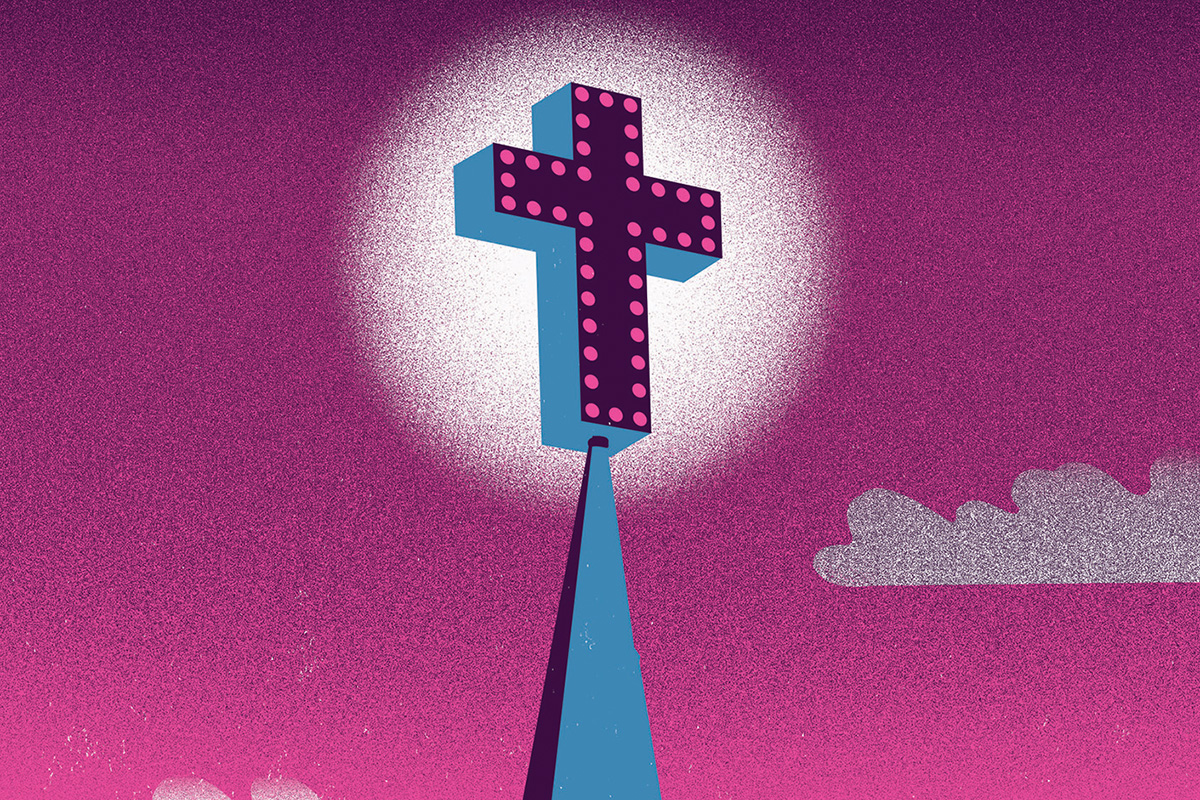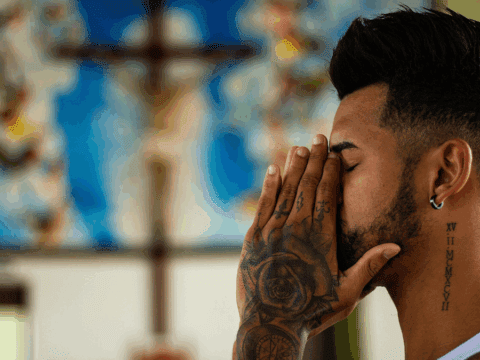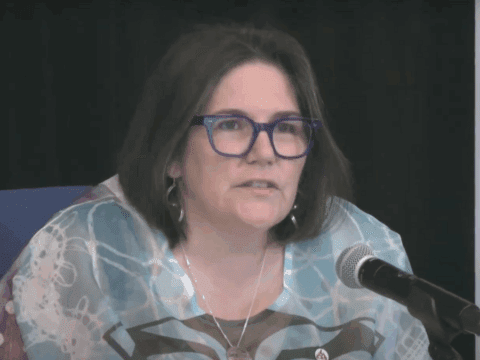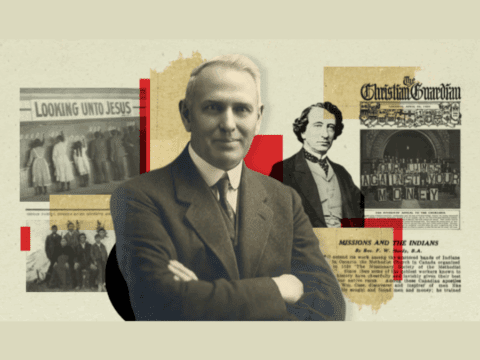We all know the state of things. Church buildings crumbling, numbers dropping, budgets shrinking and mostly grey heads dotting the half-empty pews. Is it any wonder the conversation, among those grey heads, often turns to the question of how to get more young people involved? Or, to use the expression I heard frequently during a recent visioning process at the church I attend, “What can we do to attract millennials?”
Although the question is reasonable enough, I find it discomfiting. For one thing, why should they trust us? Millennials are the children of baby boomers, roughly today’s 20- and 30-somethings. The boomer generation (my own) is the one notoriously identified, back in the day, with the phrase “Don’t trust anyone over 30.” So why should millennials feel any different?
If I were a millennial and overheard older people talking about me as someone they want to “attract,” I would probably run in the opposite direction. The whole idea of thinking up jazzy things younger people might like seems too much like a marketing ploy to be genuinely alluring. It’s inauthentic. And if there’s one thing I know about millennials, it’s that they can detect inauthenticity from a mile away.
Another issue is that the focus on attracting younger people suggests a certain desire to pass the buck. As though the hard, gritty work of salvation weren’t actually up to us — those still in the pews — but people younger and stronger that we hope will come riding in to the rescue. I’m sure millennials already feel so burdened by the weight of inherited problems (from climate change to stagnant wages) that they shudder at the thought of adding “save the church” to the heap.
So then what about us — the grey-hairs — the ones we mostly see when we look around on a Sunday morning? Rather than trying to be something we’re not to attract young folks, perhaps the real invitation is for us to forthrightly and bravely claim who we are as old folks, living up to, and out of, the prophetic tradition that is our inheritance. At the heart of that tradition, articulated passionately in both the Old and New Testaments, is the radical call, in the words of Micah (6:8), to “act justly, love mercy, and walk humbly with your God.” Easy to say. But not so easy to do, as St. Paul knew so well.
The Bible is full of stories of people who messed up. History is just as full of the same thing. But if the church has anything still to offer, as a beacon of hope to old and young alike, Micah’s call is the reminder that this is a goal worth striving for, and it is too dangerous and too difficult to do it alone.
If the church is full of old people — and it is — then let’s be elders, not just in age but in our shared pursuit of outrageous, radical, heart-in-throat wisdom. Let’s be elders who welcome the toughest, deepest, grittiest, most vital questions, who risk honesty in speaking truth to power and who demonstrate heartfelt commitment to practices that help bring us together across our multiple silos, reminding us — in the face of constant forgetting — who we are and whose we are.
Perhaps then we won’t need to devise strategies to attract millennials after all. Perhaps then we will be the kind of people millennials actually want to spend time with, doing things that will help them, too, to live bravely and truthfully into who and whose they are, alongside us.
This story originally appeared in the July 2017 issue of The Observer as part of the the “Conundrums” series.















Well said!
Although I would rather offer a solution rather than identify a problem, I checked out Prague, Czech Republic, on a European trip in May. That country was under communism for forty years and today is vibrant and rising — except for the churches, of course. Statistically 55% of Czech residents are agnostic or atheistic and express “no religion” as their preference. The Catholic cathedrals make a lot of their money from tourist fees and concerts. The synagogues are mostly funded the same way with a handful of wealthy members maintaining them. However, the Jehovah’s Witnesses are there in public with their stands of literature and younger people. Immigrants are promoting Islam wherever they live. High schoolers live with their faces buried in their cell phones. Where Prague is today will be the near future of English-speaking countries including Canada.